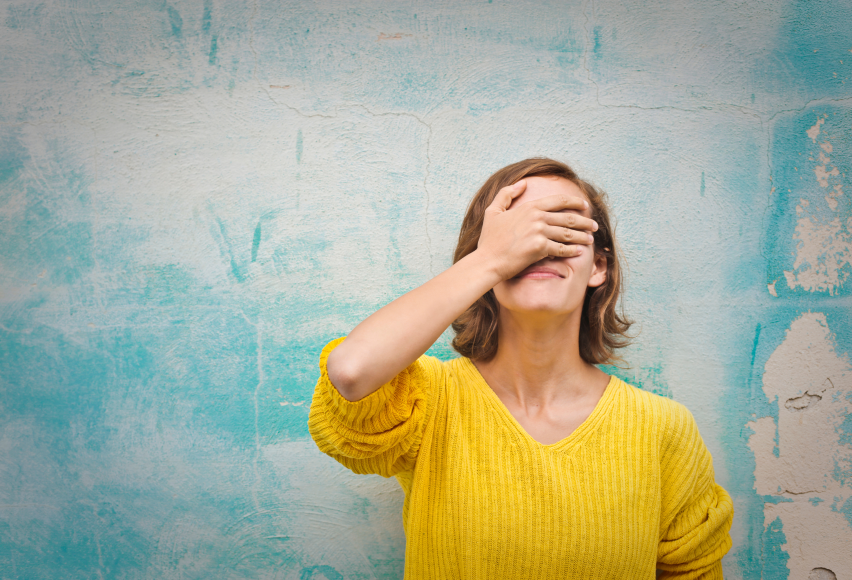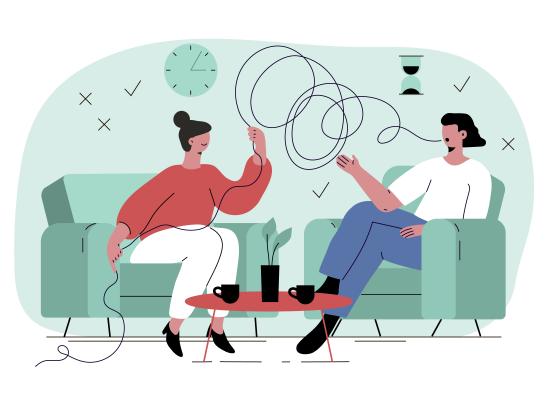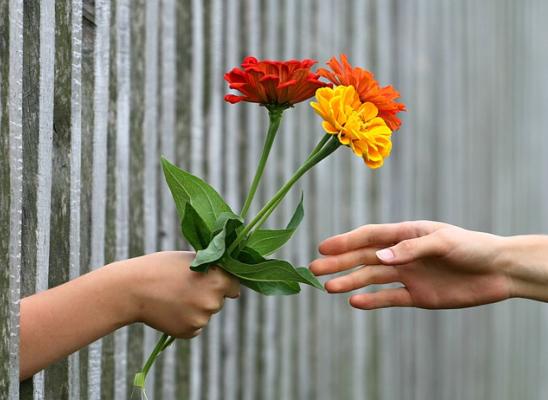Relapse: Managing the Guilt and Shame

Online test
Find out the severity of your symptoms with this free online test
You’ve worked so hard to get your hair pulling into remission. You’re feeling so strong and accomplished. And then, you relapse. You know that relapse is often a part of the recovery process. You know that you can get back on track. So why do you feel so bad about it? Where’s the shame and guilt coming from?
Feeling guilty or ashamed after a relapse is common, but what you do afterward can make the difference between recovery and returning to actively pulling.
Intense But Familiar Feelings
Knowing that relapses happen doesn’t dull the sting of experiencing one. For many people, it’s more than just returning to a behavior you worked so hard to overcome. Relapse can hold a lot of personal meaning and lead to powerful negative feelings and self-judgment. It can open the door to your harsh inner critic.
Guilt and shame can feel like the same emotion, but they are different in some important ways:
Guilt represents feelings of responsibility or remorse for actions that negatively affect others. You may worry that you’ve let your loved ones down or hurt them in some way by relapsing.
Shame is more inwardly focused. Shame is derived from a sense of inadequacy triggered by the discrepancy between a negative evaluation of self and the ideal self. Shame reflects feelings of unworthiness or weakness, driven by a belief that you’re in some way flawed or unable to maintain recovery. Shame may convince you that you are not deserving of support or treatment or a life of recovery.
Studies have found that people with BFRBs like hair pulling can experience shame along three main dimensions or themes:
- body-focused - I am ashamed of my bald patches.
- behaviorally-focused – I am disgusted by my pulling.
- character-focused – I am ashamed because there is something wrong with me that makes me pull.
As someone living with hair pulling, guilt and shame are feelings that you’ve dealt with before. These feelings can leave you believing that you are unable or unworthy of getting help or living a life free from pulling. They can perpetuate the cycle of pulling and keep you from seeking help. And they can re-emerge and sabotage your recovery efforts.
Negative feelings like shame and guilt are distressing and can drive you to seek relief or escape in behaviors like hair pulling. They can also leave you feeling isolated and alone, afraid to reveal your relapse or seek help.
Feelings like guilt and shame also feed that negative mindset that weakens your resolve and motivation to change and get back on track. The idea of having to do the work again can feel overwhelming and even hopeless.
The good news is, you can overcome these feelings of guilt and shame and get back on the road to recovery. And you don’t have to go it alone.
The Journey Back
The first step back to recovery is to accept where you are. Minimizing or denying reality makes it hard to see what happened and what steps might be needed.
Practice self-compassion - This is the time to give yourself grace. You had a relapse. It does not define you nor does it reflect upon who you are. It’s simply an indication that something didn’t work, and something needs attention. And remember, relapse is part of the recovery process.
Seek therapy – It helps a lot! Cognitive behavioral therapy (CBT) in particular can help you identify and challenge negative feelings like shame and guilt and beliefs that can undermine your recovery. It can also help you discover triggers that you may not have been aware of before and add new skills into your relapse prevention plan.
Seek support – Being around others who understand the struggle and have recovered can increase a sense of support and being understood. You may also learn additional ways of coping through their stories and experiences. Some people find support via support groups. Others find support in online communities.
The Takeaway
Recovery is sometimes messy, and relapses happen. Even the best-laid plans can sometimes fall short. Remember that you are deserving of support and a life of free from pulling. You hold the key, and your recovery is waiting for you. There is help and there is always hope.
References
1. Anderson, S. & Clarke, V. (2019). Disgust, shame and the psychosocial impact of skin picking: Evidence from an online support forum. Journal of Health Psychology, 24(13), 1773-1784. https://pubmed.ncbi.nlm.nih.gov/28810443/
2. Batton, A. (2022, February 25). Conquering BFRB-related shame. Maryland Anxiety Center. https://marylandanxietycenter.com/conquering-bfrb-related-shame/
Online test
Find out the severity of your symptoms with this free online test
Start your journey with TrichStop
Take control of your life and find freedom from hair pulling through professional therapy and evidence-based behavioral techniques.
Start Now



